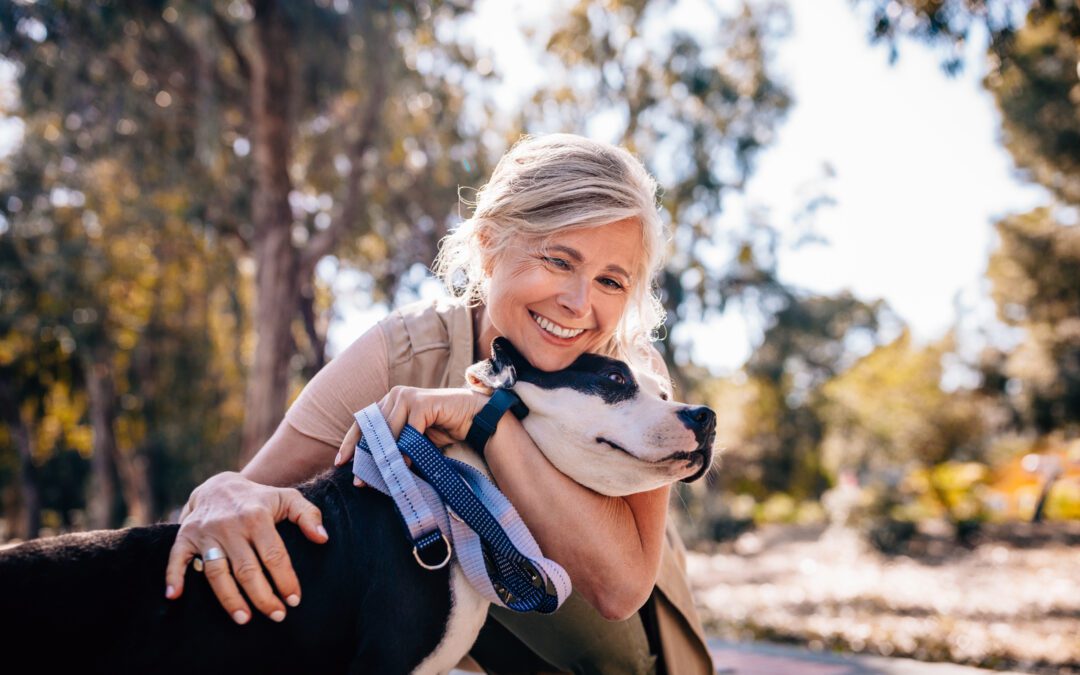I was exposed to a variety of games early in my life. Our family played Pokeno — which is how I learned to play cards — and spun dreidels, which was the first game I played that involved money. I won my first big pot at the age of five years old.
As I got a little older, I played poker and pinochle. I remember losing all my money in poker to my neighbors but then watching my father bail me out by winning it all back. I enjoyed the thrill of being a part of that.
I went to a casino for the first time at 21. I enjoyed it. Then, at about age 30, I met a man who also enjoyed gambling. We started playing Bingo a lot and pull tabs. I remember finding Bingo to be slow, so I played multiple cards and also pull tabs between games.
It was about this time when I started to become preoccupied with gambling. I began lying to myself and others about money. I lost a job directly because of errors in my work due to my gambling, which I sometimes did for 24-36 hours before work.
Eventually, I started attending GA meetings with my husband, but mainly to support him. I looked at the others and thought they had more problems than I did. There was a part of me that wanted to stop, but my desire to continue gambling was greater than my desire to not gamble.
I rationalized that gambling helped me when I was feeling depressed, as I would otherwise just stay home and sleep. I became suicidal, but since I only felt that way when I wasn’t gambling, I convinced myself that I should keep gambling.
Eventually, I realized that my gambling was a symptom of a deeper problem. Gambling was a part of keeping feelings down — guilt, shame, remorse, etc. I was doing things that were against my core principles, such as lying to dear friends, writing bad checks, losing jobs, more drinking and depression. I rationalized some of my behavior by thinking that I hadn’t gone to prison or killed anyone.
While I stopped gambling for periods of time, I couldn’t stop completely. My finances were in ruin and I was full of anger toward myself and my out-of-control behavior. Thanks to my fellow GA members, I was eventually hospitalized for a second time for depression and then went on to treatment for my gambling. The last time I gambled was on February 19, 2011.
I learned that you can find hope and meaning from the most unlikely of sources. In my gambling fog, I had neglected so many things, including my dog and my plants. While I was away, a friend cared for my house, including my plants. When I returned home, I saw that my tomato plant had somehow survived and was even sprouting new life; I refer to it as Lazarus the Tomato Plant. I took that as a sign that I was going to grow a new life as well.
I can’t believe all the positive things about my life. I’m proud of who I am today and the work I do with the GA program. In the past, I thought only of myself. Now I think of others and volunteer my talents whenever possible. I’ve grown personally. I challenge myself to do things that make me uncomfortable. I enjoy trying new things and taking new approaches in my life of recovery.
If people reading this are on the fence about whether to seek help, I would tell them to keep coming back. Although I was initially not working the GA program when I attended the meetings, they still helped me — the seeds eventually took. I would encourage others to hang on to the desire to stop gambling. It doesn’t have to be an armload of desire; it can be a smidgeon. The desire to stop gambling just has to be greater than the desire to gamble.

